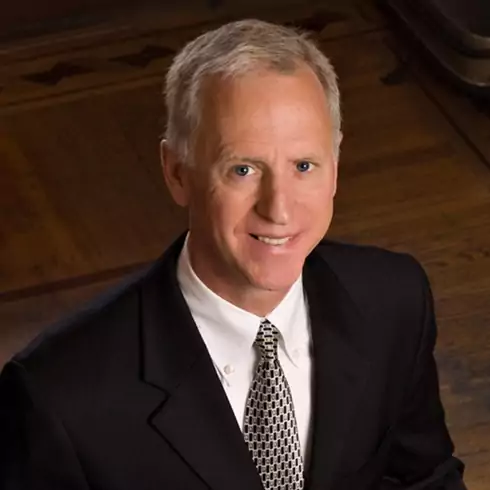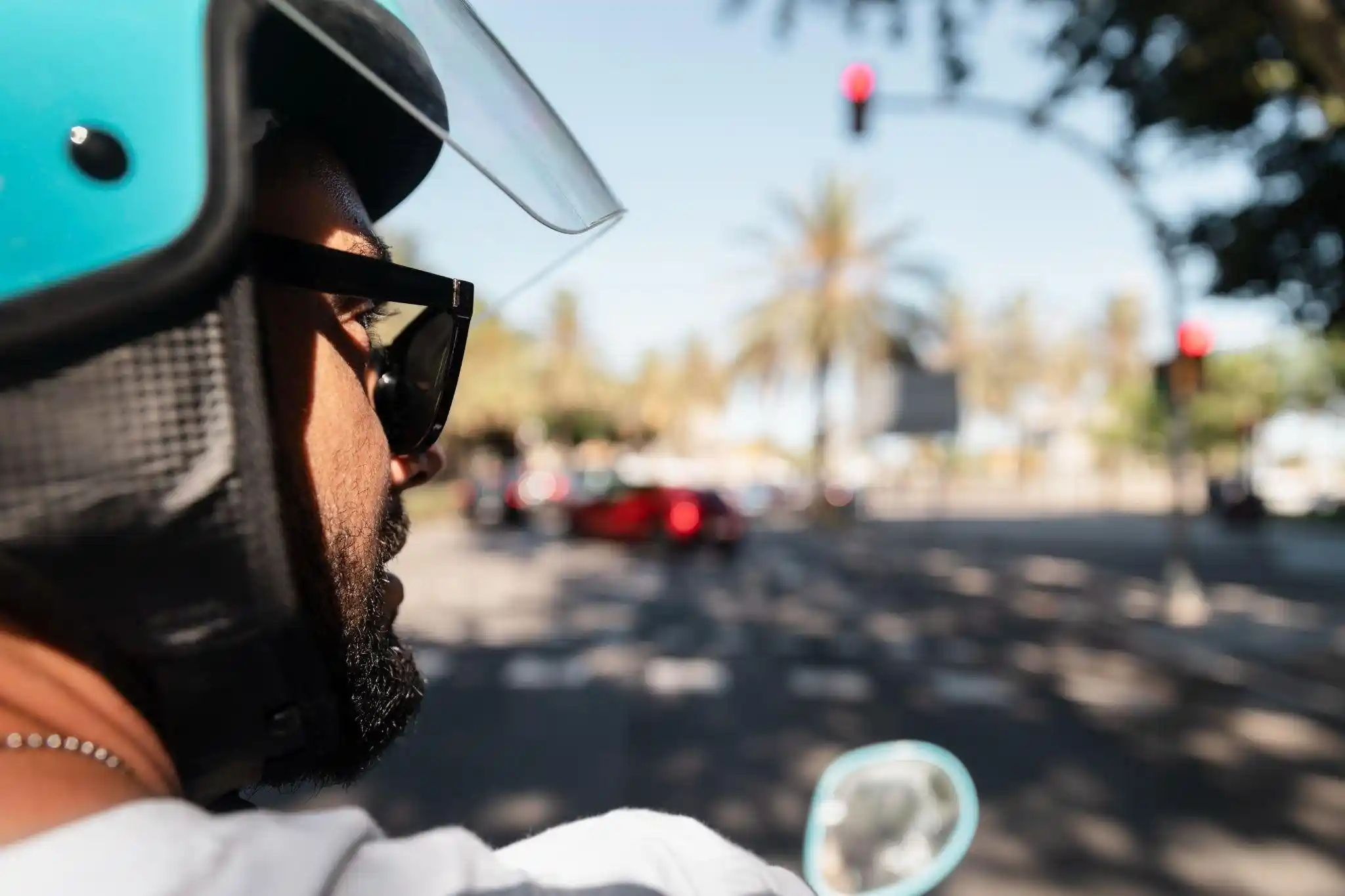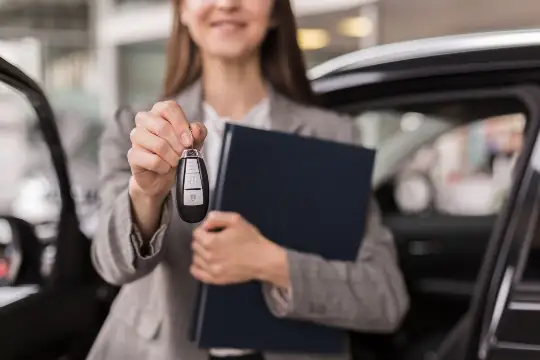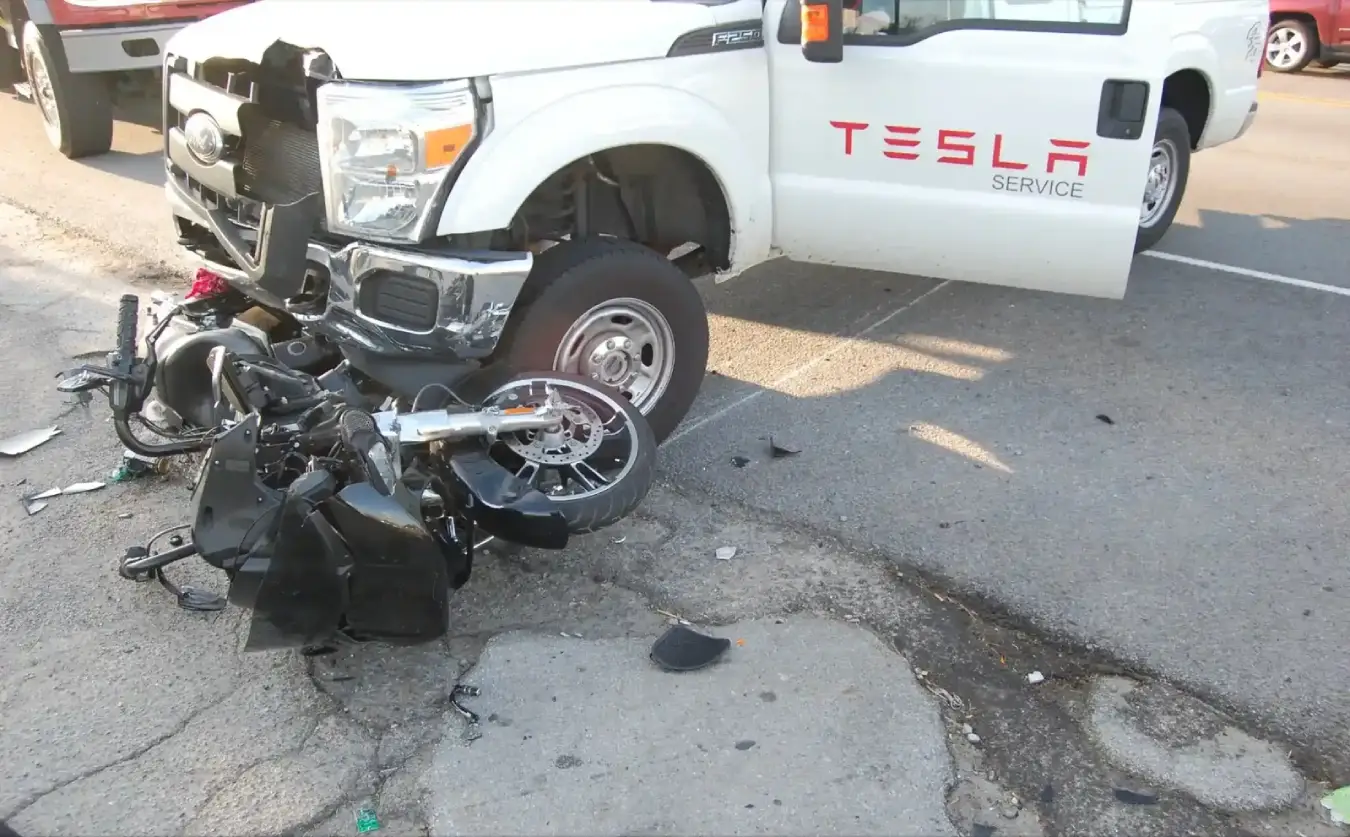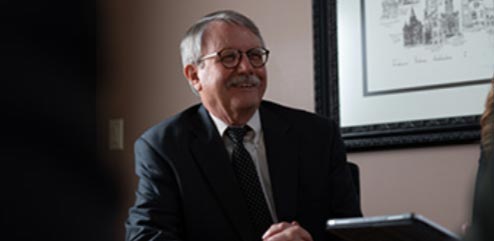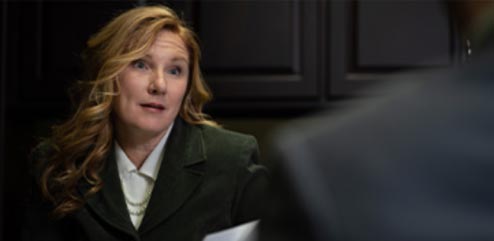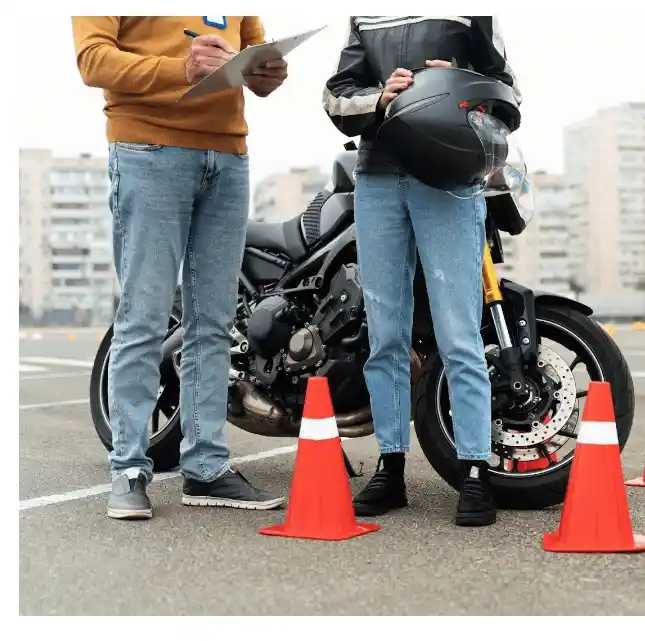
Motorcycle Accident Attorney Fort Wayne
In Fort Wayne, Indiana, where motorcycles share the road with countless other vehicles, accidents are unfortunately all too common. If you find yourself a victim, the path to recovery can be daunting. Medical bills, lost wages, and the emotional toll can be overwhelming.
But our team at Christie Farrell Lee & Bell can help you claim the compensation you deserve to recover. With over 40 years of experience in personal injury law, we understand the unique challenges of motor accidents and know in by firsthand how difficult it is to hold the guilty accountable.
Contact us today for a complimentary legal consultation!

